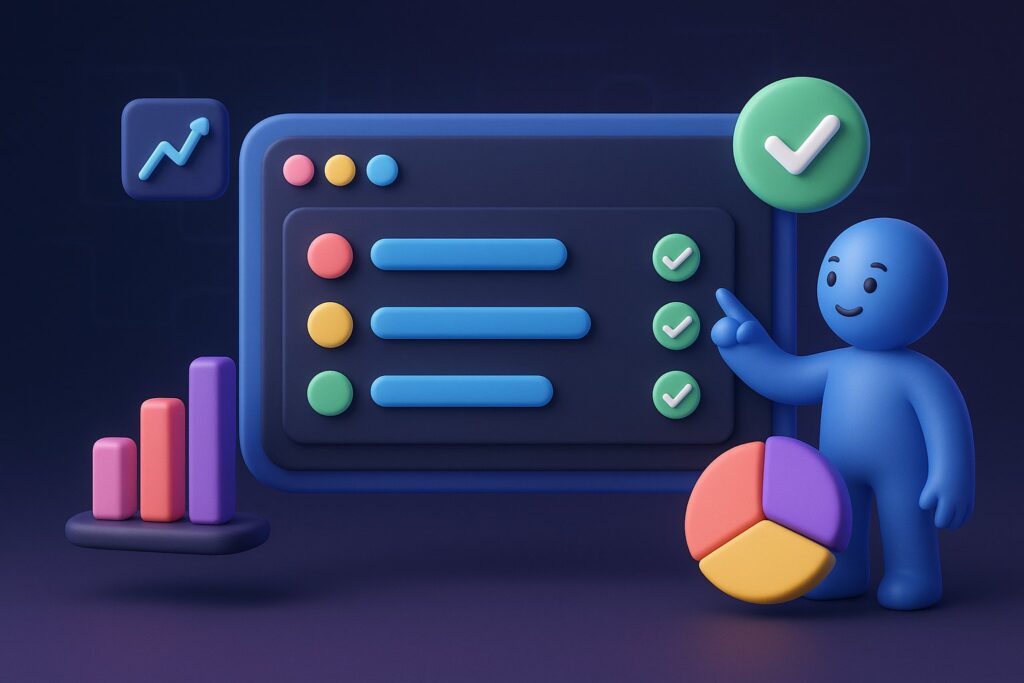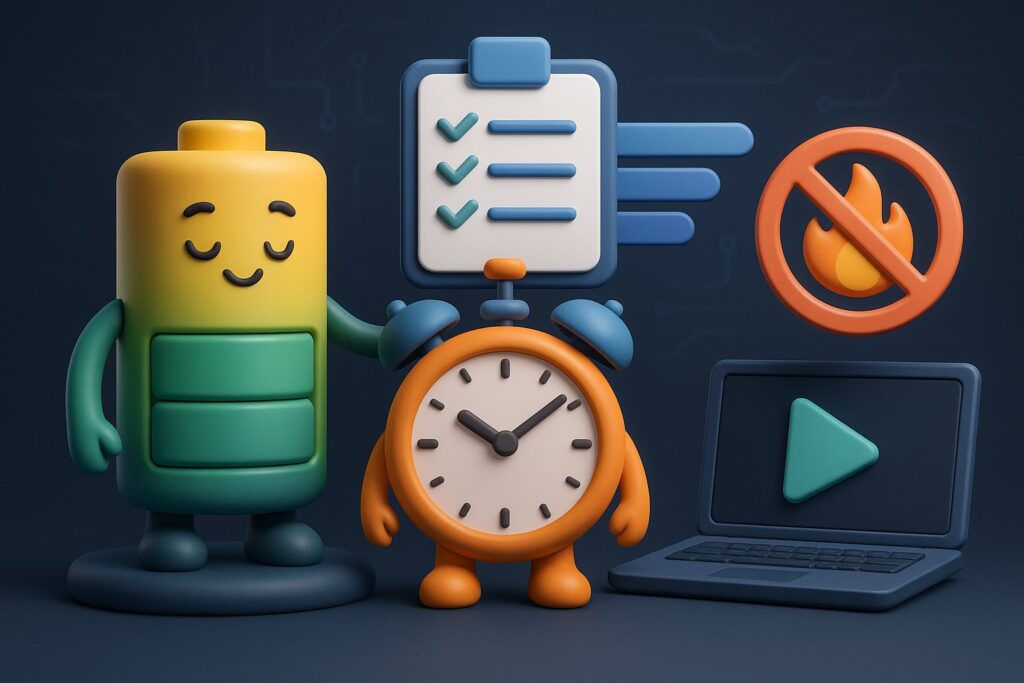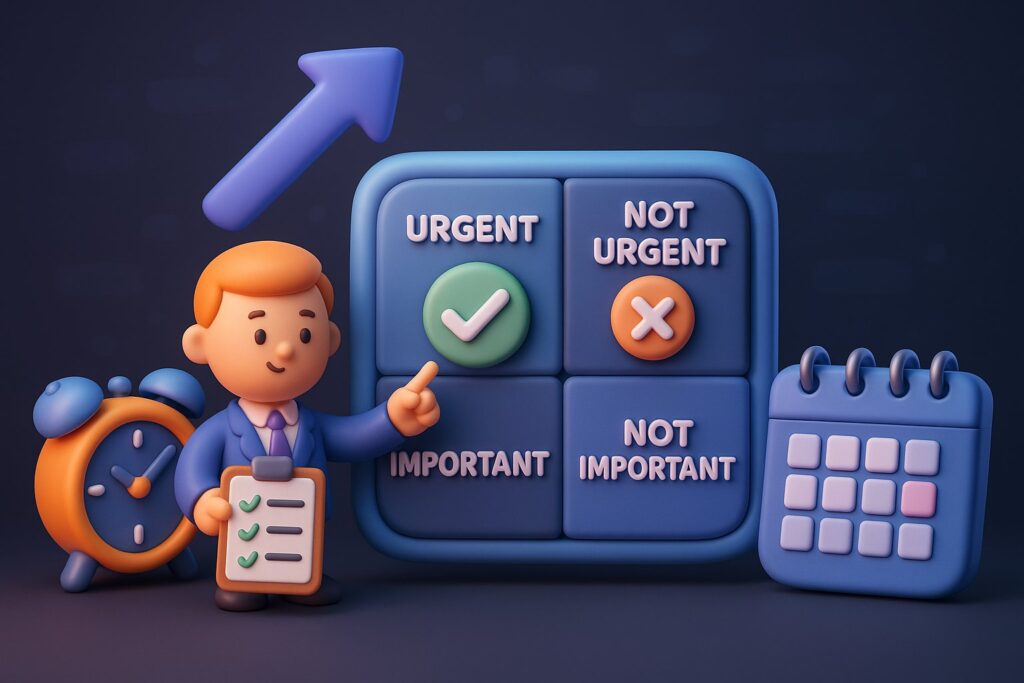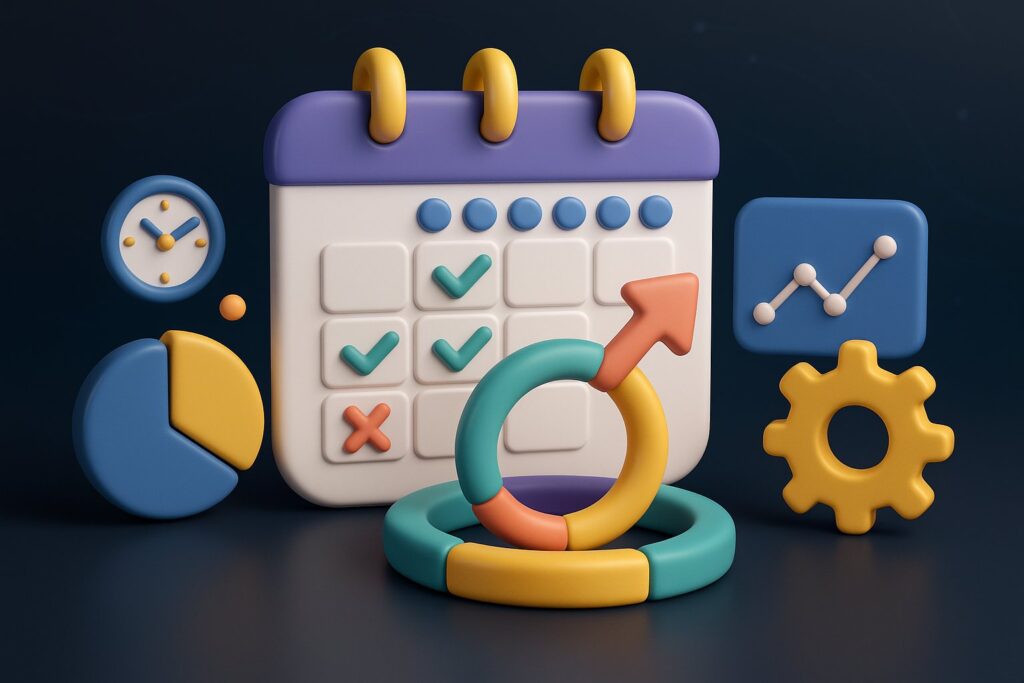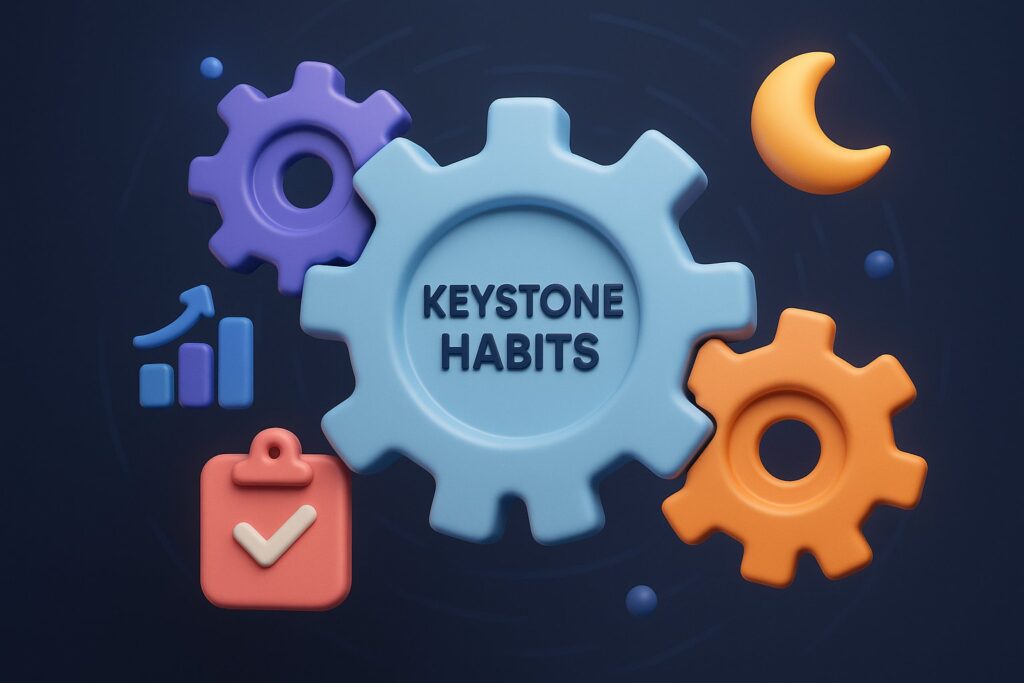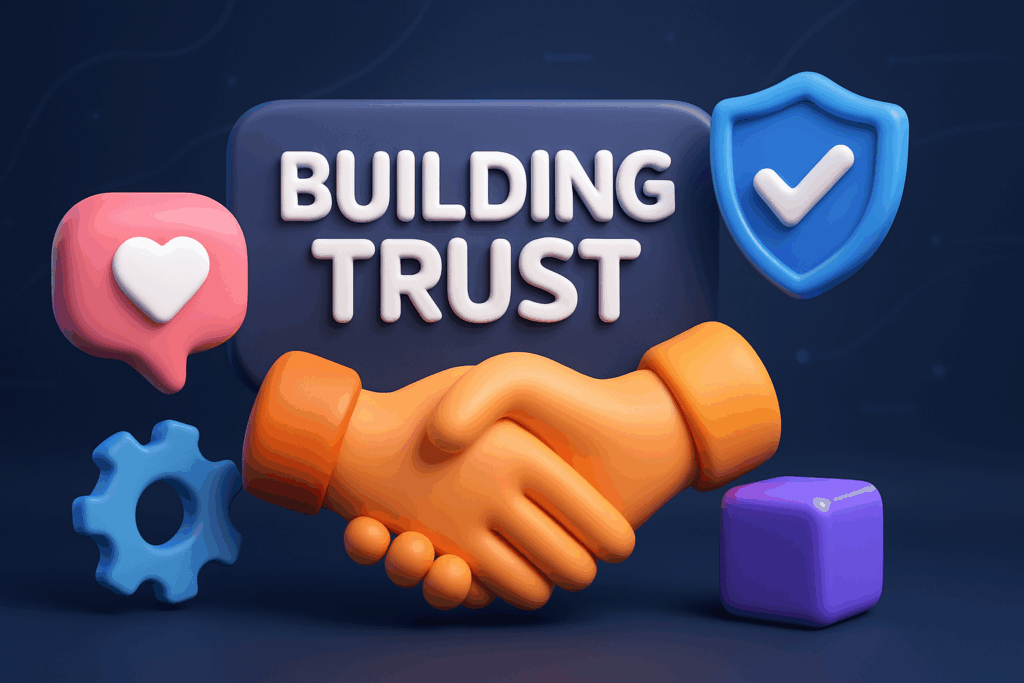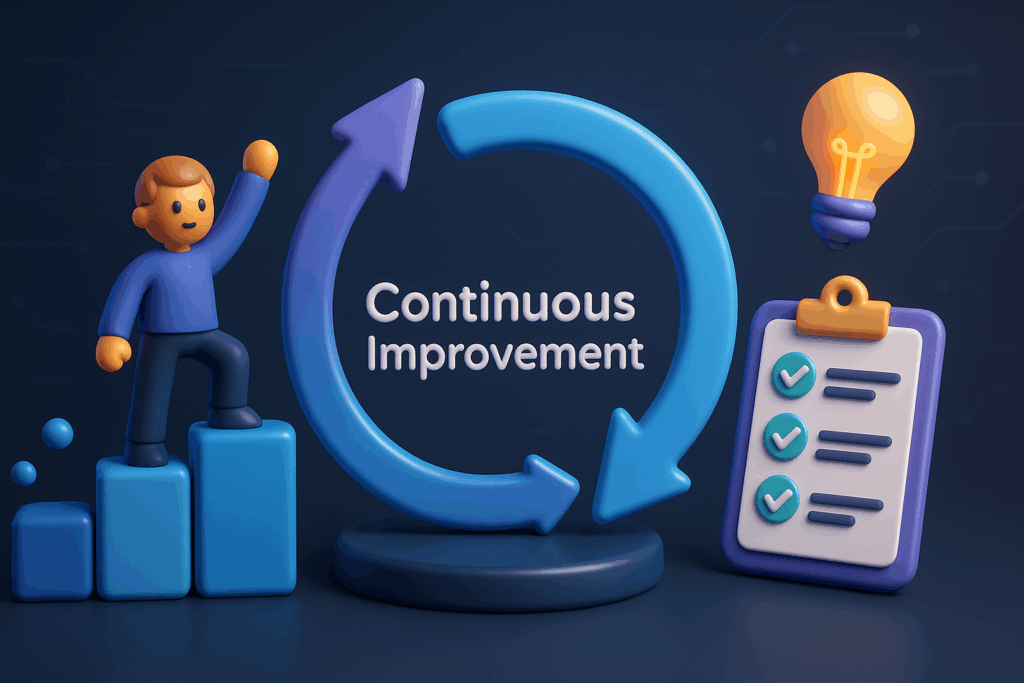Time shrinks in those flash-frame moments when your direct report looks to you for clarity—after a botched hand-off, before a high-stakes demo, or the instant they finally crush a long-standing goal.
Your heartbeat quickens, your brain flips through phrases, and you want to nail it. The right words tighten trust; the wrong ones fray it.
That’s why you need a pocket-ready set of scripts you can lean on when seconds count and emotions run hotter than your morning espresso.
Below, you’ll find word-for-word language—rooted in psychological safety and practical empathy—that you can borrow, tweak, and deploy today.
Keep them in your notes app, stash them inside your Teamly Business workspace, or print them for your desk drawer. You’ll speak with purpose in the moments that quietly define your leadership legacy.

The Anatomy of an Effective Script
Great scripts share three traits:
- Clarity – No jargon, no hedging. The point lands in one breath.
- Care – They honor the human on the other side of the desk.
- Commitment – They end with an agreed-upon next step so everyone exits with direction.
Think of this as the 3C model (Clarity, Care, Commitment). You’ll see it woven into every example.
Scripts for Setting Healthy Boundaries
Scenario 1: Scope Creep After Hours
Your employee Slacks you at 8:45 p.m. with “small tweaks” to a presentation due tomorrow.
“I want this presentation to shine as much as you do. Let’s add those tweaks during tomorrow’s ship-block from 10–11 a.m. so we have fresh eyes. For tonight, log off and recharge—we’ll both think sharper in the morning.”
Why it works: You acknowledge the desire for quality, set a clear time box, and protect personal time without scolding.
Scenario 2: Weekends Are Quiet Time
“I use weekends to disconnect and expect the same for you. If something sets a smoke alarm—production outage, security risk—text me. Otherwise, let’s pick it up Monday.”

Scripts for Offering Praise That Lands
Scenario 3: Public Recognition in Stand-Up
“Before we dive into blockers, a quick spotlight: Priya cut our bug-triage cycle from three days to one by creating a color-coded Airtable board. That innovation lifted the whole squad. Priya, thank you for raising the bar on operational flow.”
Why it works: Specific contribution, measurable impact, direct credit. Public, concise, and tied to team benefit.
Scenario 4: Private “You Crushed It” Note
“Saw your customer-success call notes—stellar work guiding them past the API snag. Your framing (“Let’s untangle this together”) flipped frustration into partnership. Keep that tone; it’s gold.”
Slip this into a 1:1 doc (Teamly makes it effortless) so the praise lives on.
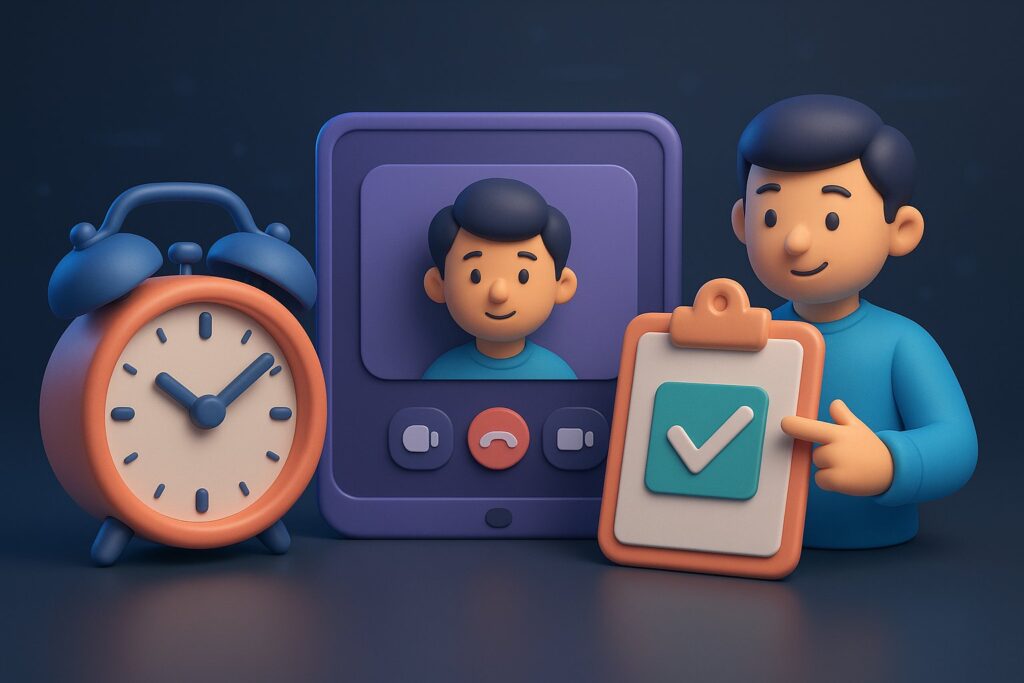
Scripts for Correcting Behavior Without Crushing Morale
Scenario 5: Chronic Meeting Tardiness
You’ve noticed Jordan joins the daily stand-up five minutes late three days running.
“Jordan, I value your insights and need them in the room from the start. When you arrive late, we lose context and momentum. What’s bumping into your schedule at 9 a.m., and how can we solve it together?”
Why it works: Observes facts, states impact, invites joint problem-solving. No blame, just partnership.
Scenario 6: Off-Tone Email to Stakeholders
“That email to finance blurred lines between healthy urgency and heat. Let’s re-draft with clear asks, neutral tone, and solution pathways. I’ll share an example—and I’m here as a sounding board before you hit send.”
Tip: Offer a concrete rewrite so the lesson anchors in real language.

Scripts for Navigating Tough Personal Moments
Scenario 7: Employee Shares Burnout Signals
“Hearing you feel stretched thin tells me we’re nearing redline. Let’s map your plate together this afternoon and decide what pauses, what delegates, and what drops. Your well-being is a non-negotiable success metric.”
Scenario 8: Personal Crisis Affecting Work
“I’m sorry you’re facing this. Here’s what we can flex: deadlines, meeting load, and PTO. Let me know which combo supports you best, and I’ll handle comms with the team. You focus on what matters most right now.”
Clarity + care + commitment, again.

Scripts for Career Growth Conversations
Scenario 9: Mapping the Next Role
“You’ve signaled interest in leading projects end to end. Let’s co-create a 90-day stretch plan: two peer reviews, one pilot project ownership, and a mentor chat with Alex who’s a year ahead on this path. Does that feel like the right runway?”
Scenario 10: Redirecting Unrealistic Promotion Expectations
“I love your ambition. To reach Staff Designer, we need consistent cross-team impact and design-system stewardship. Your last two projects nailed craft; next, let’s widen influence. Ready to chart the milestones together?”
Why it works: Honors drive, clarifies bar, and commits to a joint plan.
Scripts for Conflict Mediation Between Peers
Scenario 11: Misaligned Priorities Causing Friction
“I see tension between your QA timeline and DevOps deployment window. Let’s host a 30-minute alignment huddle tomorrow. Bring your red-zone constraints; we’ll stack-rank together so the critical path is visible and shared.”
Scenario 12: Personality Clash Turning Personal
“I’ve observed sarcasm creeping into your Slack exchange. Let’s reset ground rules: assume positive intent, critique ideas not character, and default to video when tone risks misfire. I’ll facilitate the first chat so we restart clean.”
Putting Scripts on Autopilot with Teamly
Tools amplify habits. Drop these scripts into a Teamly Business template—one tab per scenario—so you can slash search time mid-crisis. Set up automations that nudge you before 1:1s with the script library attached, or trigger a “praise note” reminder when a teammate smashes a KPI. Scripts become muscle memory when they’re one click away.
Next Steps
- Copy the scripts that speak to your reality.
- Tweak them so they sound like you on your best day.
- Rehearse once out loud—mirror, empty Zoom room, your dog—doesn’t matter.
- When the next “moment that matters” appears, you’ll respond instead of react.
Speak with intention, lead with empathy, and your words will invite the very culture you’re chasing.










